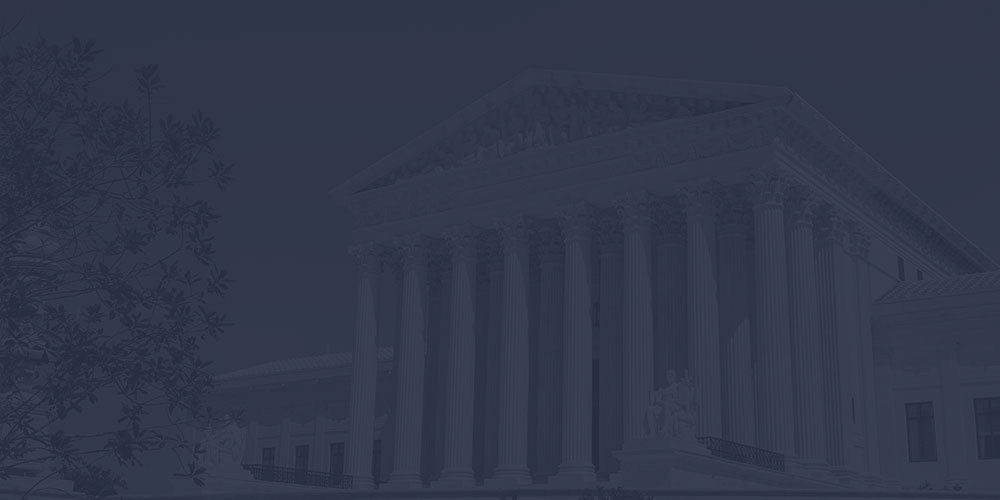Insurance companies consistently face the difficult balancing act of the duty to defend and indemnify their insured while also protecting themselves from potential bad faith claims down the road. This arises when there are significant, multiple third-party claims related to a single occurrence for property damage, bodily injuries, or both, while there are insufficient policy limits available to satisfy the total of these claims. Examples would be where an insured is clearly liable in a severe auto accident involving multiple passengers or a fire loss that extends to multiple tenants of an apartment complex. Resolving these claims pose many obstacles for an insurer when dealing with a multitude of third-party claimants who all want their share of the insured’s policy limits.
In Missouri, an insurer owes a duty to exercise good faith in evaluating and negotiating third-party claims against its insured, and the insurer may be held liable in tort for a third-party judgment in excess of policy limits if it fails to perform its fiduciary obligation in good faith. Tobin v. Leader Nat’l Ins. Co., 58 S.W.3d 590, 598 (Mo. App. 2001). Say an insurer has made a reasonable investigation into the existing third-party claims and have thus made the applicable policy limits available. A likely scenario is that one third-party claimant may have more enthusiasm to settle compared to another, or one third-party may make a more compelling argument relating to liability and justification for a larger portion of the available limits. Should an insurer pursue settlement of one third-party claim at the expense of another and risk allegations of bad faith after accepting?
The Eastern District Court of Appeals in Christlieb v Luten, stated that where several claims arising from an insured event have been joined in one suit against an insurer whose maximum liability under its policy is inadequate to pay in full the amounts deserved by the claimants, courts have held that the proceeds were to be distributed on a pro rata basis in accordance with the amount of damage suffered by each claimant. The decision in Christlieb provides this guidance for a pro-rata distribution where the value of the claims was already established by existing judgments. However, the parties may not be apprised of the full facts relative to fault or alleged damages during settlement negotiations in the early stages of litigation.
Let’s present the hypothetical scenario where settlement discussions have begun, and a pro-rata offer for the full policy limits has been made. Perhaps the third-party claimants are reluctant to agree to a comprehensive pro-rata distribution to settle the claim. Additionally, there may be disputes as to the alleged value of each claim that in turn affects the percentage of a pro-rata distribution. There also may be additional third-party claims that are not submitted and still within the statute of limitations, which is up to five years for personal injury and property claims. If an insurer decides to wait, it not only prolongs the resolution of the claim, but the insurer may also miss out on reasonable settlement opportunities at the expense of waiting for a claim that may never be established. These scenarios may open up the possibility of bad faith claims from the insured or a third-party in the future. Again, what’s an insurer to do?
One solution may be the Missouri Interpleader Statute RSMo § 507.060. An interpleader action may be filed where multiple claims are made against the same insurance coverage or the action may be filed where there are other “potential” claims against the insured. The insurer must file an action for interpleader within ninety (90) days after receiving the first offer of settlement or demand for payment by a claimant. The insurer must then deposit the applicable policy limits with the court within thirty (30) days of the court granting the interpleader. Then, as long as the insurer continues to defend its insured in good faith from any claims or lawsuit for damages caused by the occurrence, the insurer shall not be liable to any insured or defendant named in the interpleader action for any amount in excess of the policy limits deposited with the court or any other actions.
If you or your insurance company are faced with this policy limit dilemma and would like further guidance as to the Missouri Interpleader Statute, reach out to the lawyers at Gausnell O’Keefe & Thomas for support.



